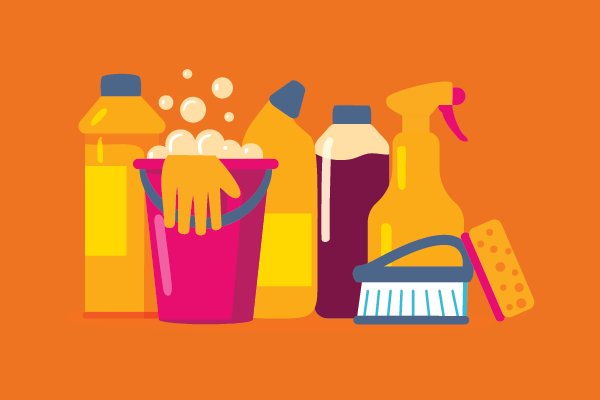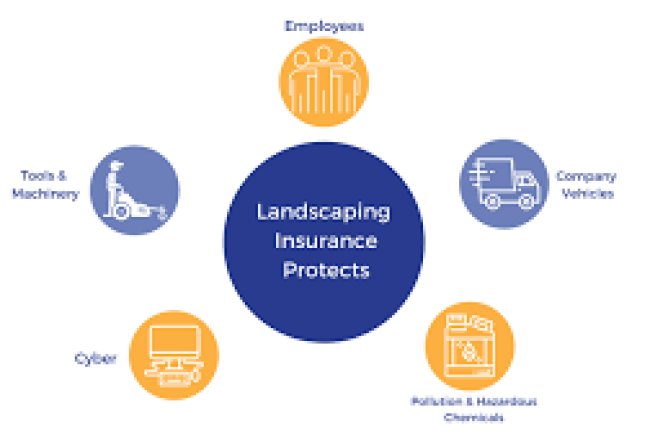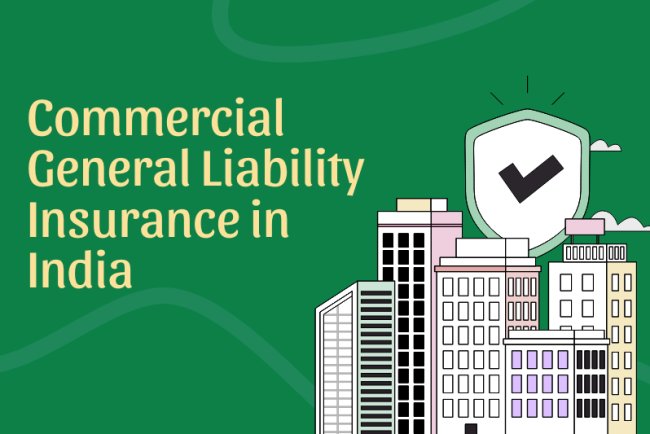In the cleaning industry, where businesses range from small residential operations to large commercial services, insurance is a critical component of risk management. General liability insurance, in particular, provides essential protection against various liabilities that cleaning businesses might face. Understanding the costs associated with this insurance can help business owners make informed decisions and ensure they have adequate coverage. This article delves into the factors affecting cleaning business insurance costs, the types of coverage available, and tips for managing expenses effectively.
What is General Liability Insurance?
General liability insurance is designed to protect businesses from financial loss resulting from claims of bodily injury, property damage, or personal injury caused by the business’s operations. For cleaning businesses, this might include incidents where a client or third party gets injured on the job site or if damage occurs to a client’s property during cleaning.
Key Coverage Areas
- Bodily Injury: Covers medical expenses and legal costs if someone is injured due to your business operations.
- Property Damage: Protects against claims for damage to a client’s property.
- Personal and Advertising Injury: Includes coverage for claims related to libel, slander, and other personal injuries.
Factors Influencing Insurance Costs
Several factors influence the cost of general liability insurance for cleaning businesses. Understanding these factors can help you manage and potentially reduce your insurance expenses.
Business Size and Scope
The size of your cleaning business, including the number of employees and the scope of operations, significantly impacts insurance costs. Larger businesses with more employees typically face higher premiums due to increased risk exposure. Similarly, businesses that handle high-value properties or have a broad service area may encounter higher costs.
Type of Cleaning Services
The type of cleaning services offered can also affect your insurance rates. Businesses specializing in commercial cleaning, industrial cleaning, or high-risk environments might pay more for coverage due to the increased potential for incidents compared to those focused on residential cleaning.
Claims History
Your business’s history of insurance claims plays a crucial role in determining your premiums. A history of frequent claims or high-value claims can lead to increased rates. Conversely, a clean claims history may help you secure lower premiums.
Location
The geographic location of your cleaning business affects insurance costs. Areas with higher rates of litigation or higher costs of living might lead to higher premiums. Additionally, specific regional risks and regulations can influence rates.
Coverage Limits
The limits of coverage you choose impact your insurance costs. Higher coverage limits provide more extensive protection but come with higher premiums. Assessing your business’s risk exposure can help determine appropriate coverage levels.
Deductibles
The deductible amount you agree to pay out-of-pocket before insurance coverage kicks in can affect your premiums. Higher deductibles generally lead to lower premiums but require you to cover more costs in the event of a claim.
Insurance Provider
Different insurance providers offer varying rates and coverage options. Shopping around and comparing quotes from multiple insurers can help you find the best coverage at a competitive price.
Typical Costs of General Liability Insurance
While costs can vary widely based on the factors mentioned above, it's helpful to have a general idea of what to expect. For small to mid-sized cleaning businesses, the annual premiums for general liability insurance typically range between $300 and $1,000. Larger businesses or those with higher risk factors might see premiums exceeding $2,000 annually.
Small Cleaning Businesses
For small cleaning businesses, which might include solo operators or small teams, annual premiums are generally on the lower end of the spectrum. Costs can range from $300 to $500, depending on the factors discussed earlier.
Medium to Large Cleaning Businesses
Medium to large cleaning businesses, especially those with multiple employees or extensive service areas, can expect to pay more. Annual premiums for these businesses might range from $500 to $1,500 or more, reflecting the increased risk and coverage needs.
Tips for Managing Insurance Costs
Reducing insurance costs while maintaining adequate coverage is a goal for many cleaning business owners. Here are some tips to help manage and potentially lower your insurance expenses:
Implement Risk Management Practices
Adopting risk management practices can help reduce your insurance premiums. For example, implementing safety protocols, providing proper training for employees, and maintaining high standards of cleanliness can lower the risk of incidents and claims.
Maintain a Clean Claims History
A history of few or no claims can make your business a more attractive candidate for lower premiums. Ensuring that your operations adhere to industry best practices can help avoid potential claims.
Choose Appropriate Coverage Limits
Assessing your business’s specific risks and choosing appropriate coverage limits can help avoid overpaying for insurance. While higher coverage limits provide more protection, they also come with higher premiums.
Compare Quotes
Obtaining quotes from multiple insurance providers can help you find the most competitive rates. Each insurer may offer different coverage options and pricing, so it’s beneficial to compare and select the best fit for your business.
Increase Deductibles
Opting for higher deductibles can lower your premium costs. However, be sure that your business can handle the higher out-of-pocket costs in the event of a claim.
Bundle Insurance Policies
Some insurance providers offer discounts for bundling multiple policies, such as general liability and property insurance. Bundling can result in cost savings and streamlined management of your insurance coverage.
General liability insurance is a vital component of risk management for cleaning businesses, offering protection against various liabilities that can arise during operations. Understanding the factors that influence insurance costs and implementing strategies to manage expenses can help you find the right balance between adequate coverage and cost-effectiveness.
By assessing your business’s specific needs, comparing quotes, and adopting risk management practices, you can ensure that your cleaning business is well-protected without overextending your budget. Investing in the right insurance coverage is a proactive step towards safeguarding your business and maintaining its long-term success.





















